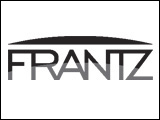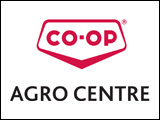A Senior Risk Management Analyst with HAMS Marketing Services the biggest risk for Canada’s pork producers as the result of U.S. tariff threats will come if U.S. pork is hit by retaliatory tariffs.
Despite escalating trade tensions between the United States and its trading partners, products covered under the Canada U.S. Mexico agreement, including pork, have not been impacted.
Paul Marchand, a Senior Risk Management Analyst with HAMS Marketing Services, says it’s become apparent that much of the U.S. talk of tariffs has been primarily a negotiating tactic.
When we’re talking about Canadian pricing we have to remember where those prices are derived from and our prices are derived in the U.S.A. from the USDA daily reports and, in that sense, we would be much more concerned about how someone retaliates on the United States as opposed to if the Trump administration or any administration happened to put a tariff directly onto Canada.
If somebody from the federal government called me tomorrow and said “Paul, what should we do?” I’ll tell them, “Do not tariff U.S. pork” point blank, period. If pork gets backed up in the U.S. for what ever reason, it will pressure the U.S. base price which is where we get our prices.
The biggest concern is actually Mexico. Mexico takes around 40 percent of the total net U.S. export product mix. It’s a huge market so, when President Sheinbaum says she’s going to tariff U.S. pork for what ever reason, that’s when we should be really nervous because, if Mexican buyers for what ever reason look elsewhere and exports to Mexico drop off significantly, you would see probably a fairly quick futures response getting ahead of the expected cash response.
In a prolonged tariff war, you would see lowering prices but again, to Canadian officials looking to support the Canadian farmer during tariff talks, do not tariff U.S. pork.
~ Paul Marchand, HAMS Marketing Services
Marchand expects the rhetoric to continue in advance of the renegotiation of the Canada U.S. Mexico Trade agreement.





